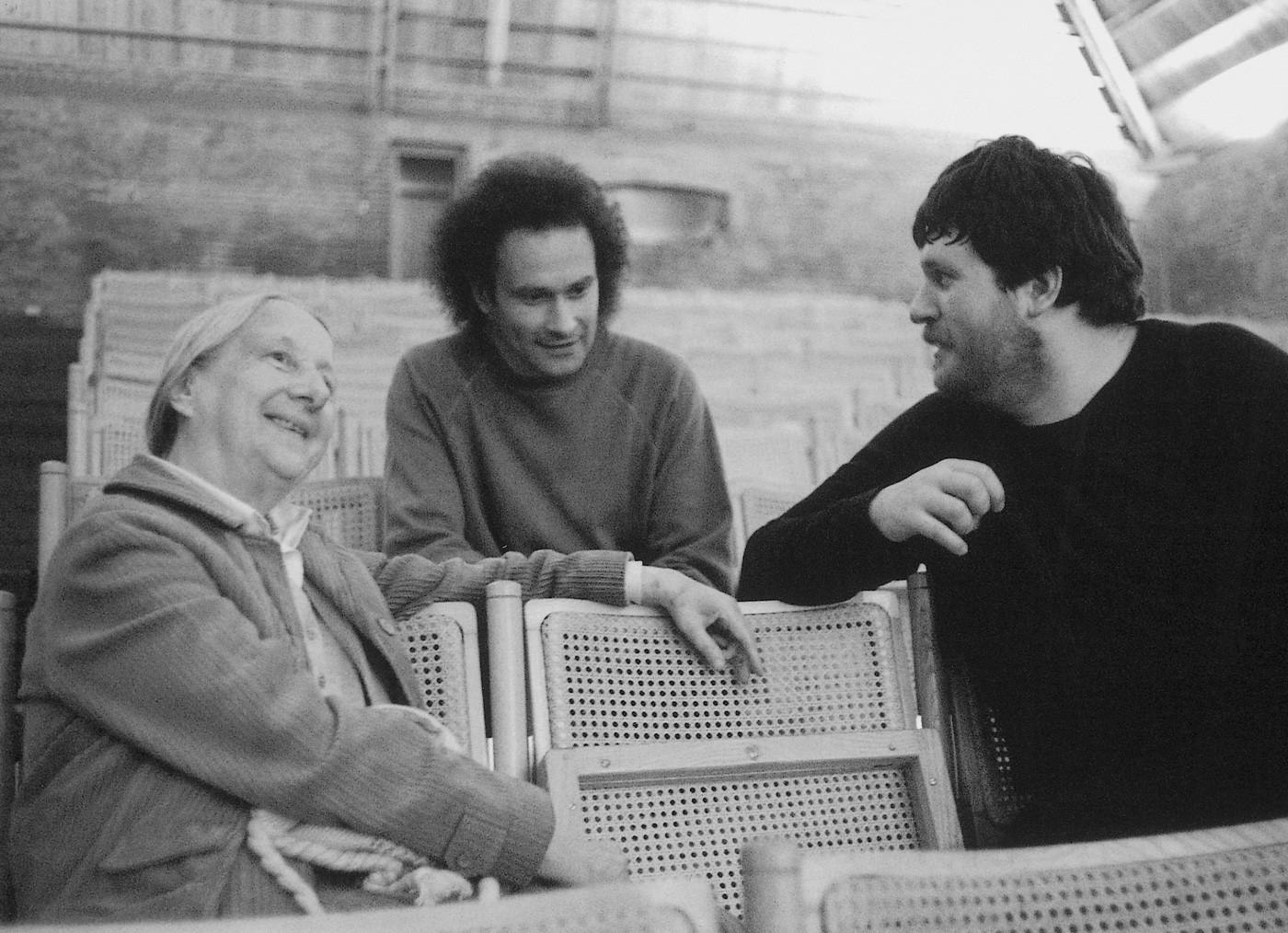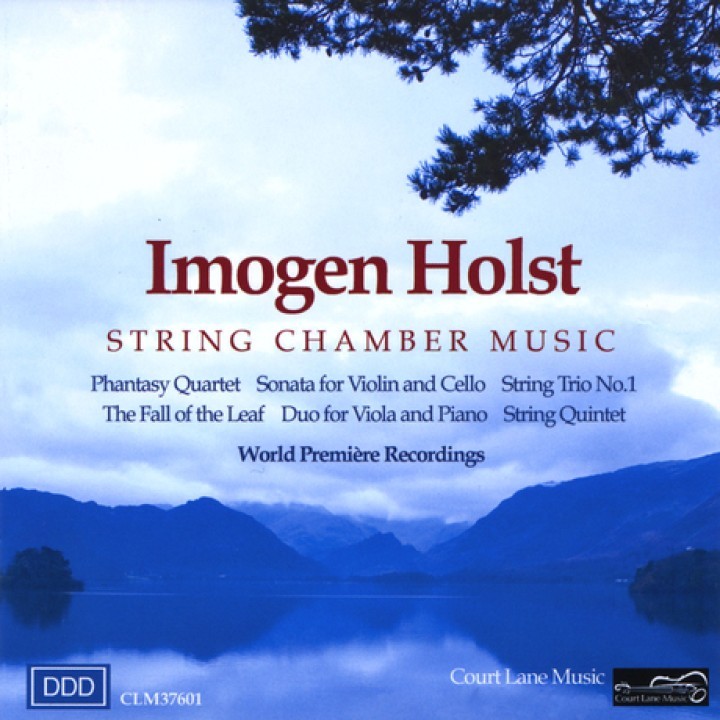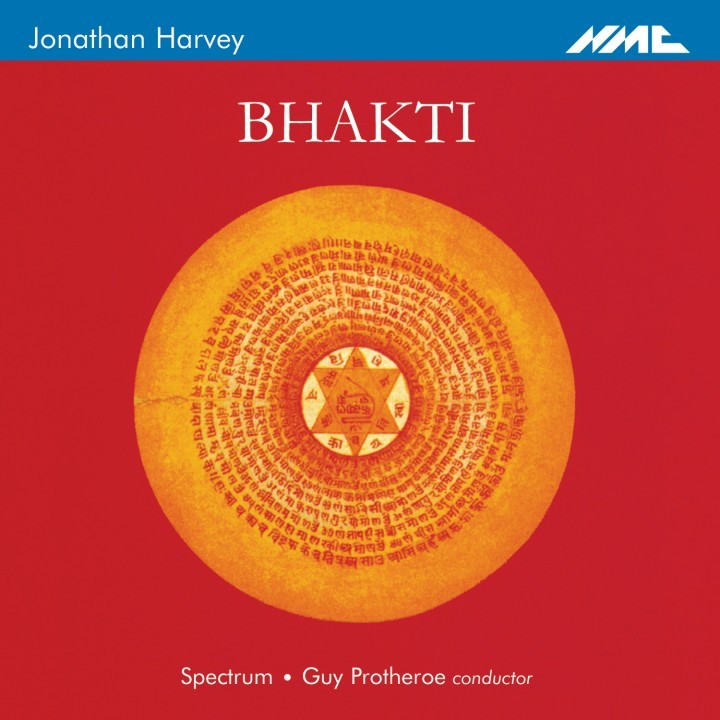Imogen Holst and the Origins of NMC
22nd January 2024
Articles NMC RecordingsColin Matthews, NMC's Founder and Executive Producer, shares an insight into the origins of NMC, and the crucial role Imogen Holst played in the story.
In 2017 NMC reissued an album of chamber music by Imogen Holst that had been made available to us
by another label. We were surprised and delighted that, although its previous release had only been 8 years earlier, it received a huge amount of attention. In 2024 we will be releasing a major album of her choral and orchestral music. This could hardly be more appropriate, since if it had not been for Imogen, NMC would very likely never have come into being.
When together we set up the Holst Foundation, not long before her death in 1984, she made it clear that its future role should not be to subsidise her father’s music. Instead she envisaged it as a means to support the work of living composers.
Amongst other projects, we talked at length about the possibility of funding recordings, and although it took a while to get NMC off the ground – it was far from easy to establish a recording company that could be a registered charity – I have always known that the label was founded with her blessing, and that she would have approved wholeheartedly of what has been accomplished since 1989.

NMC started with a mission: we were determined to remedy the very poor representation of living British composers in the record catalogues: extraordinary to think that, back then, Jonathan Harvey had reached the age of 50 without a single significant disc (Bhakti was our first release, in April 1989) and Harrison Birtwistle had only one major recording available (now reissued on NMC D148). The Mask of Orpheus is one of the achievements of which we are most proud, while an equally significant opera, Peter Maxwell Davies’ Taverner took many years of negotiations before it was released in 2009.
Very early on we devised a ‘hit list’ of music we felt demanded to be released. That original list was gradually worked through, while it simultaneously expanded as new works were written, younger composers came into focus, and we moved into new and innovative areas, including creative digital platforms and our education work, assisting the development of emerging talent and engaging with younger audiences.
What has been achieved over 35 years is far more than we dared to imagine in 1989. It is particularly gratifying that, since the Holst Foundation’s support gradually reduced after the expiry of Holst’s copyrights in 2005, others are now starting to fill the gap. We rely on the support of ACE, trusts, foundations and generous individuals to continue the work we do: championing composers at all stages of their careers and inspiring new generations of listeners, artists and composers.




